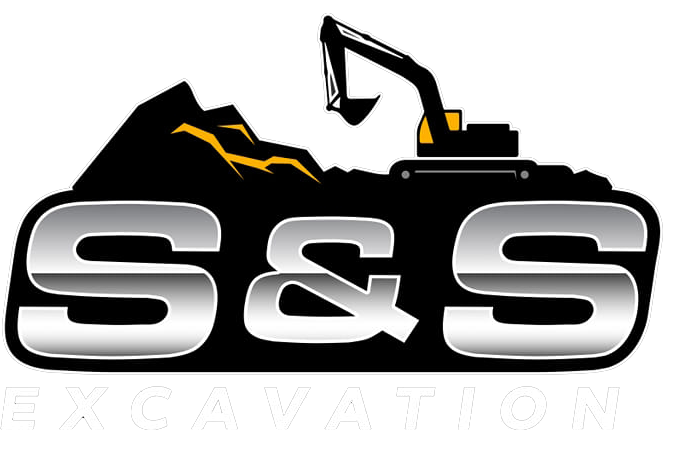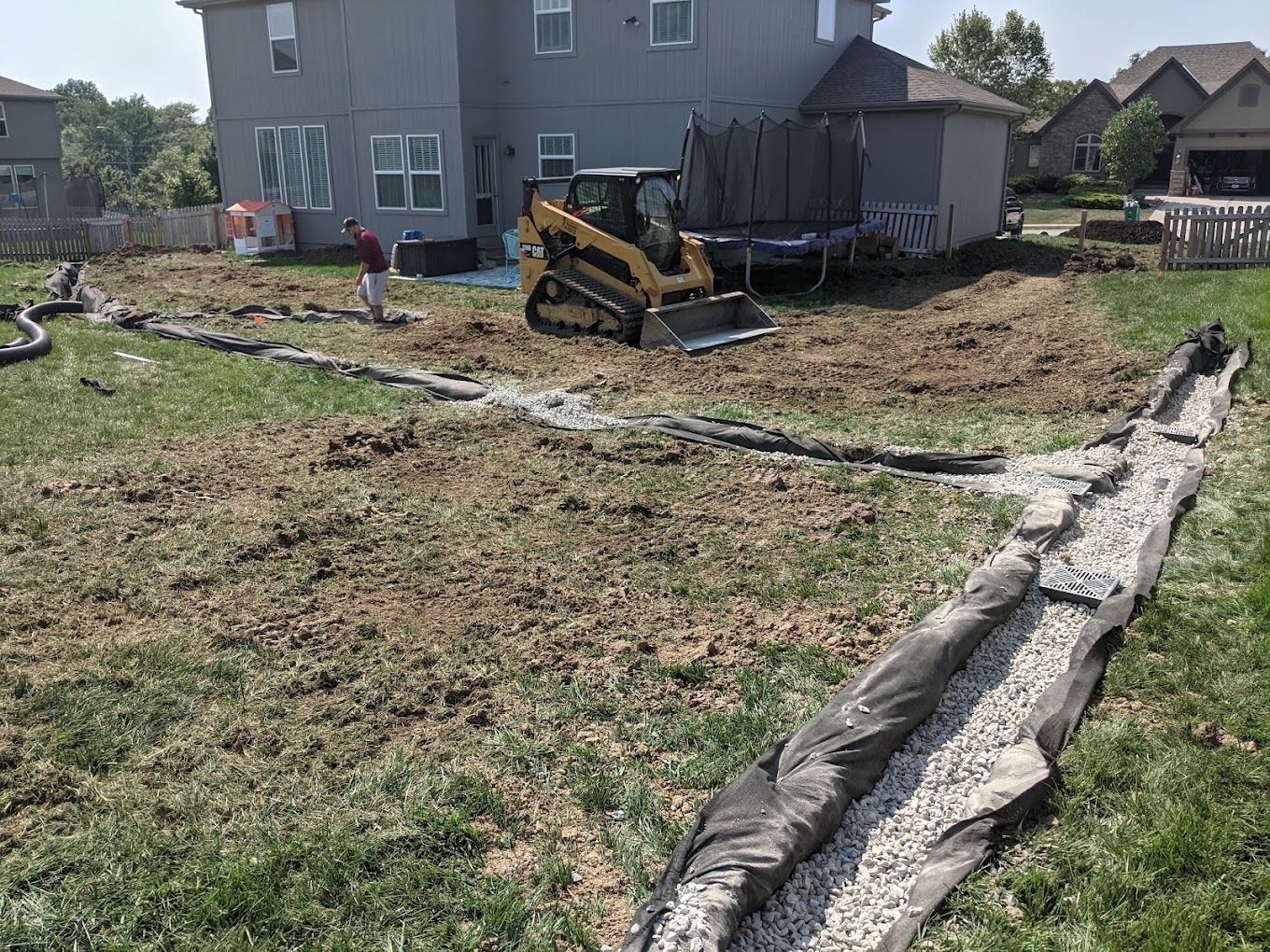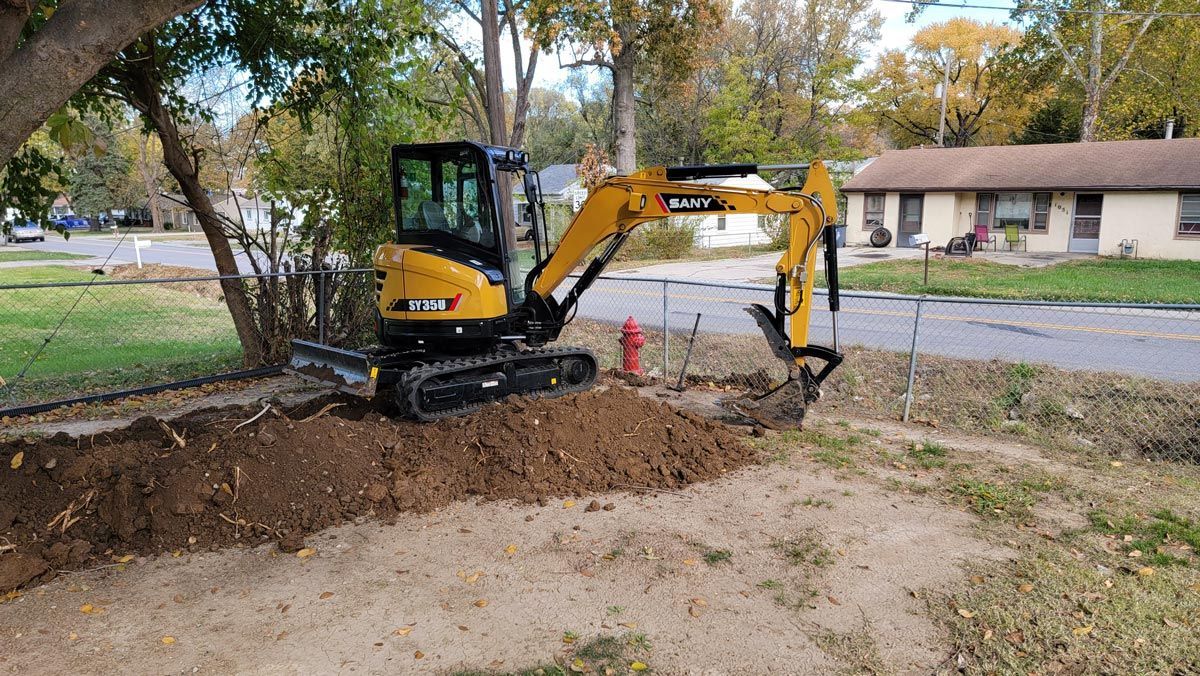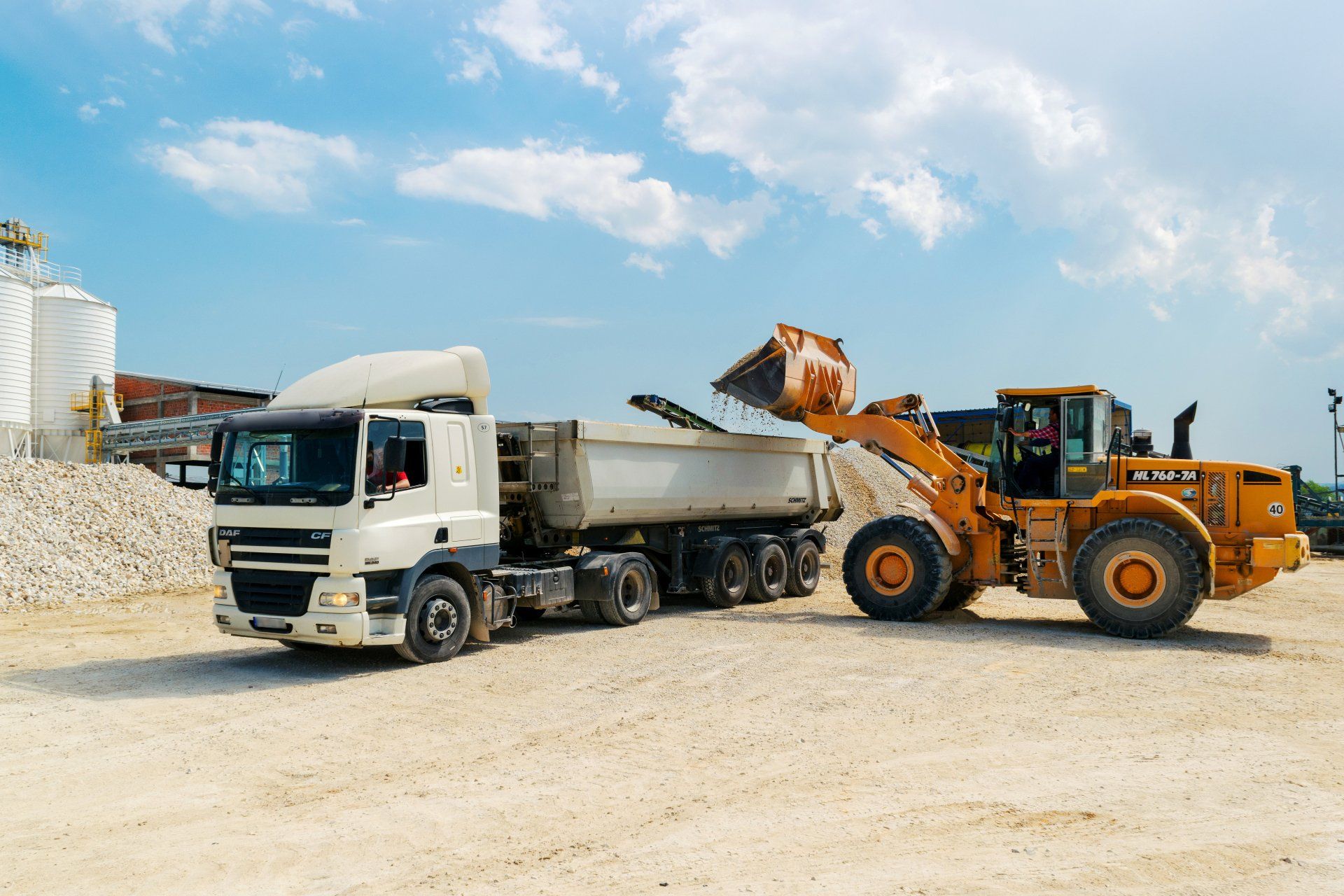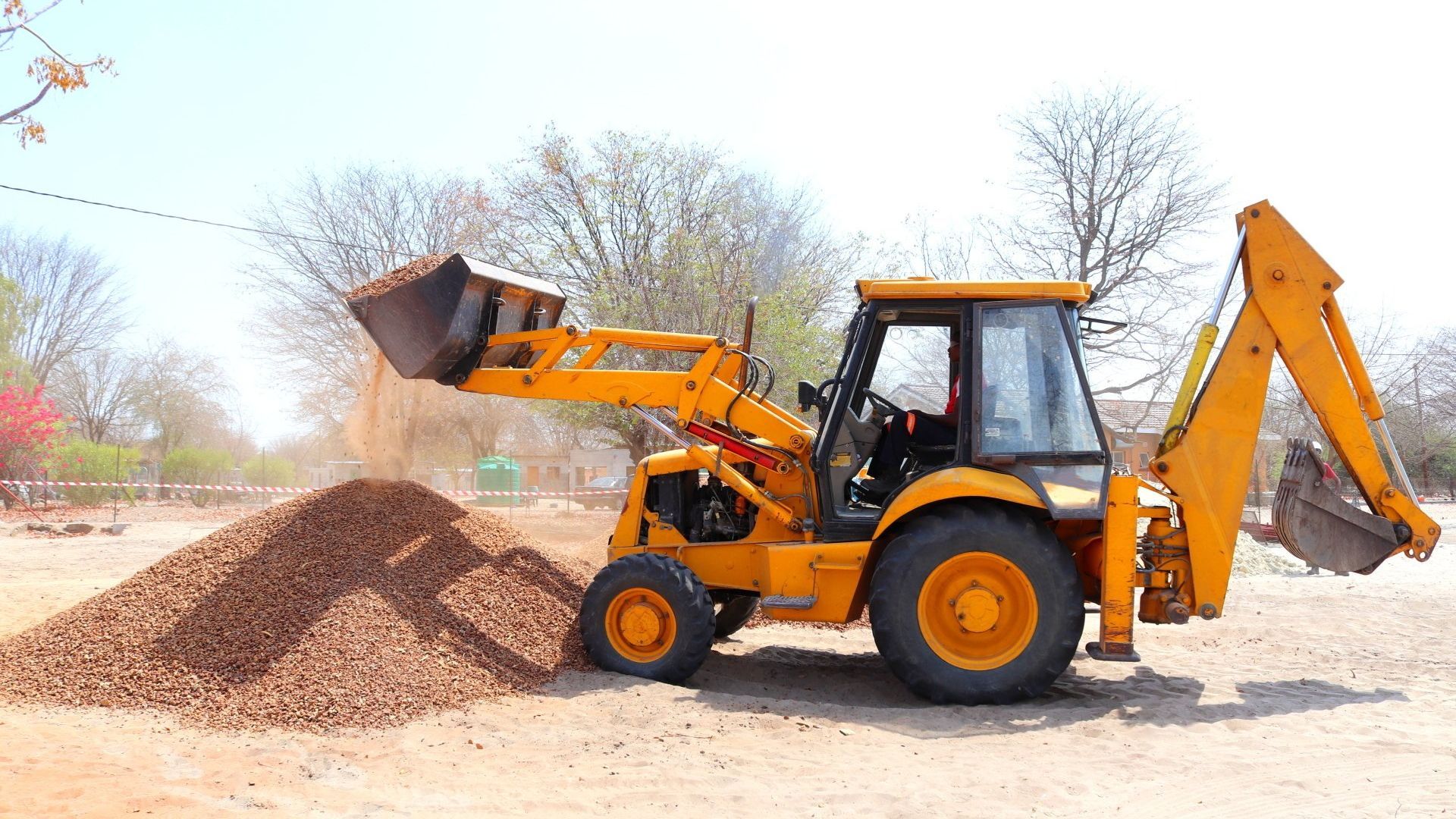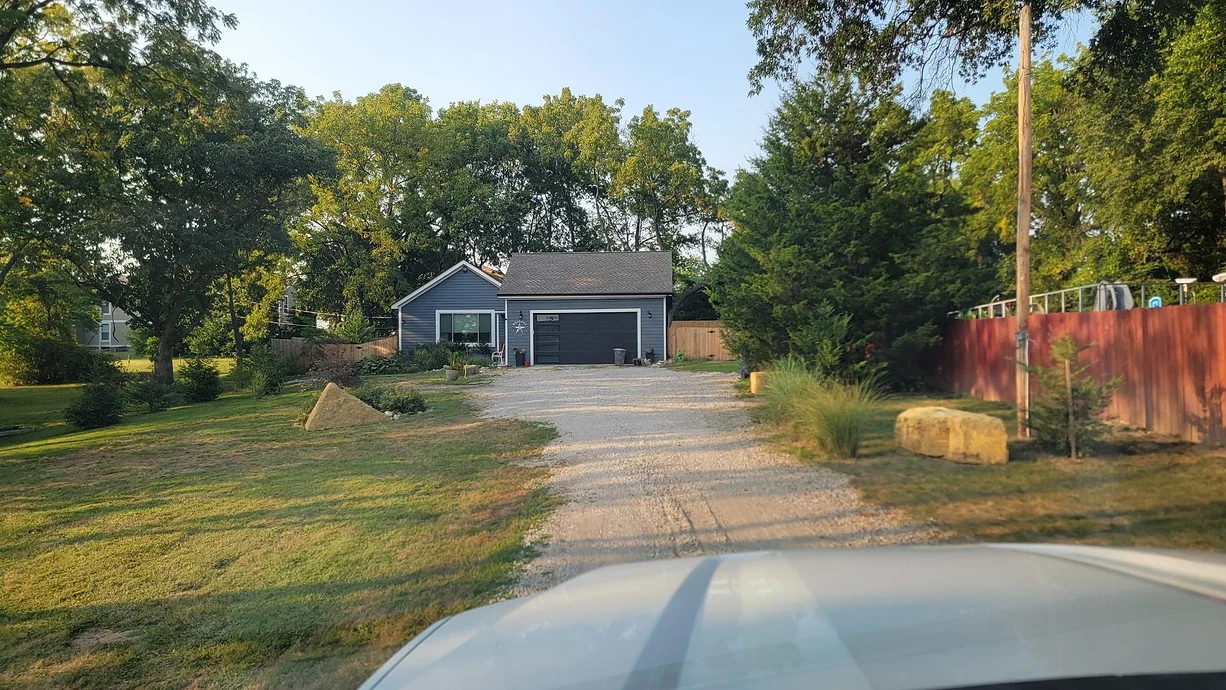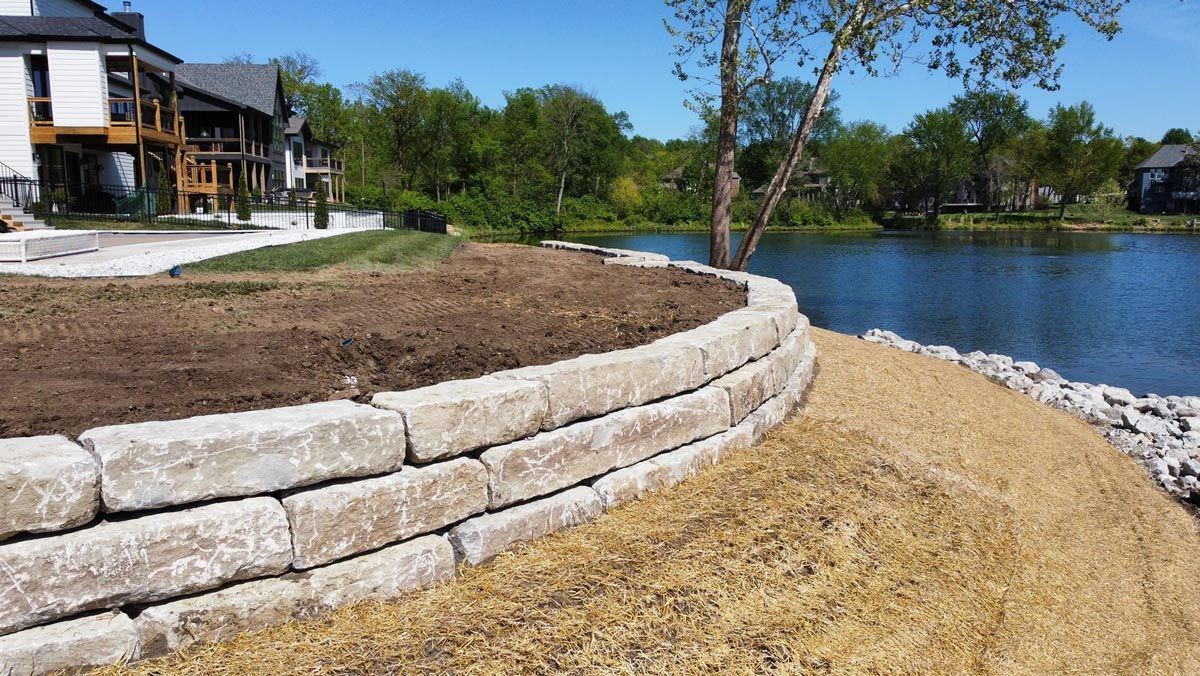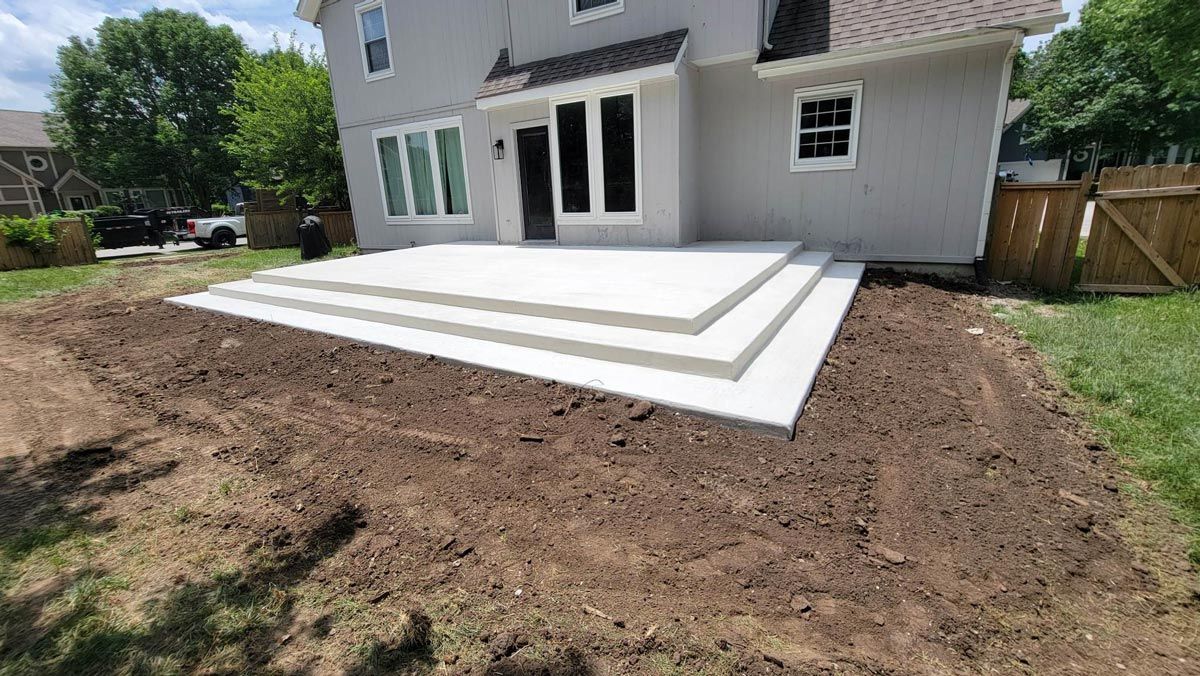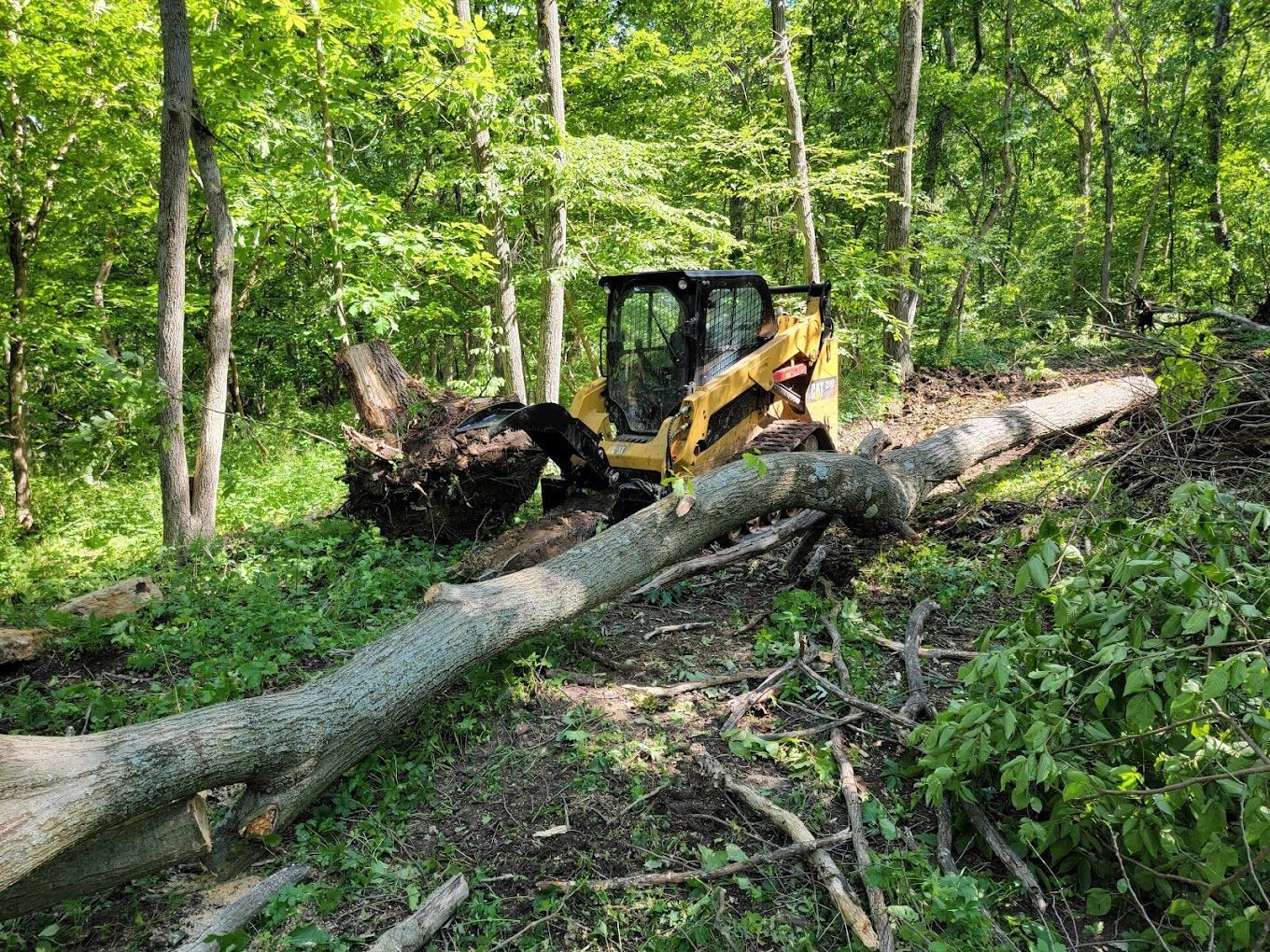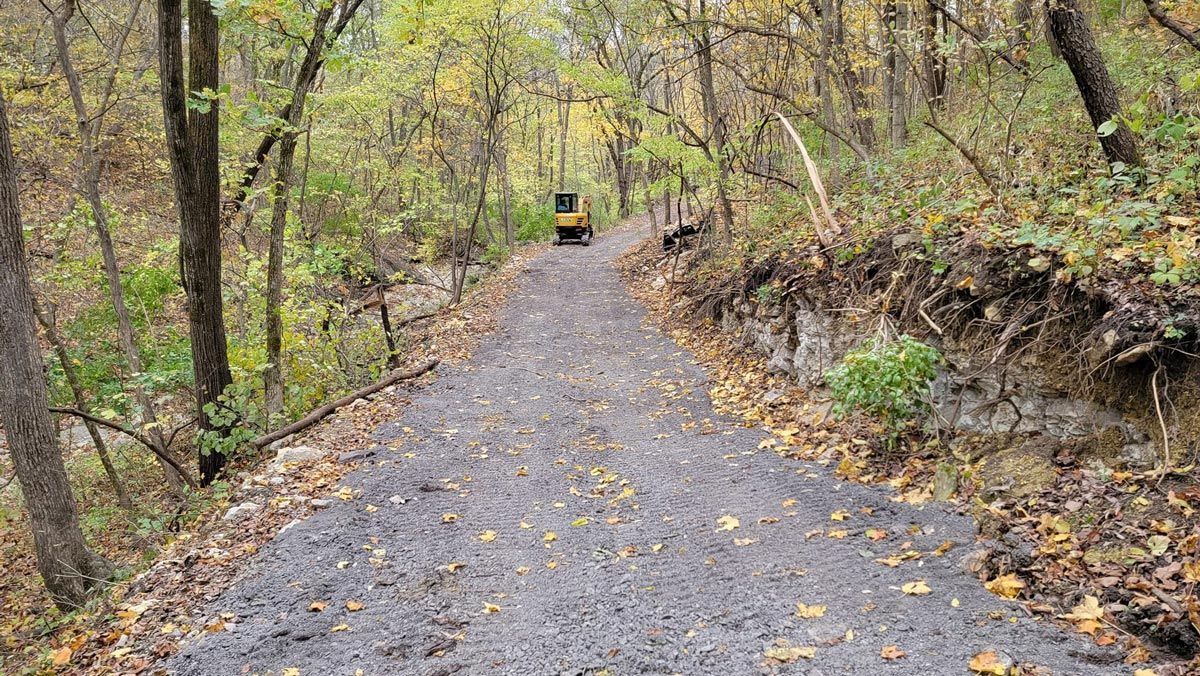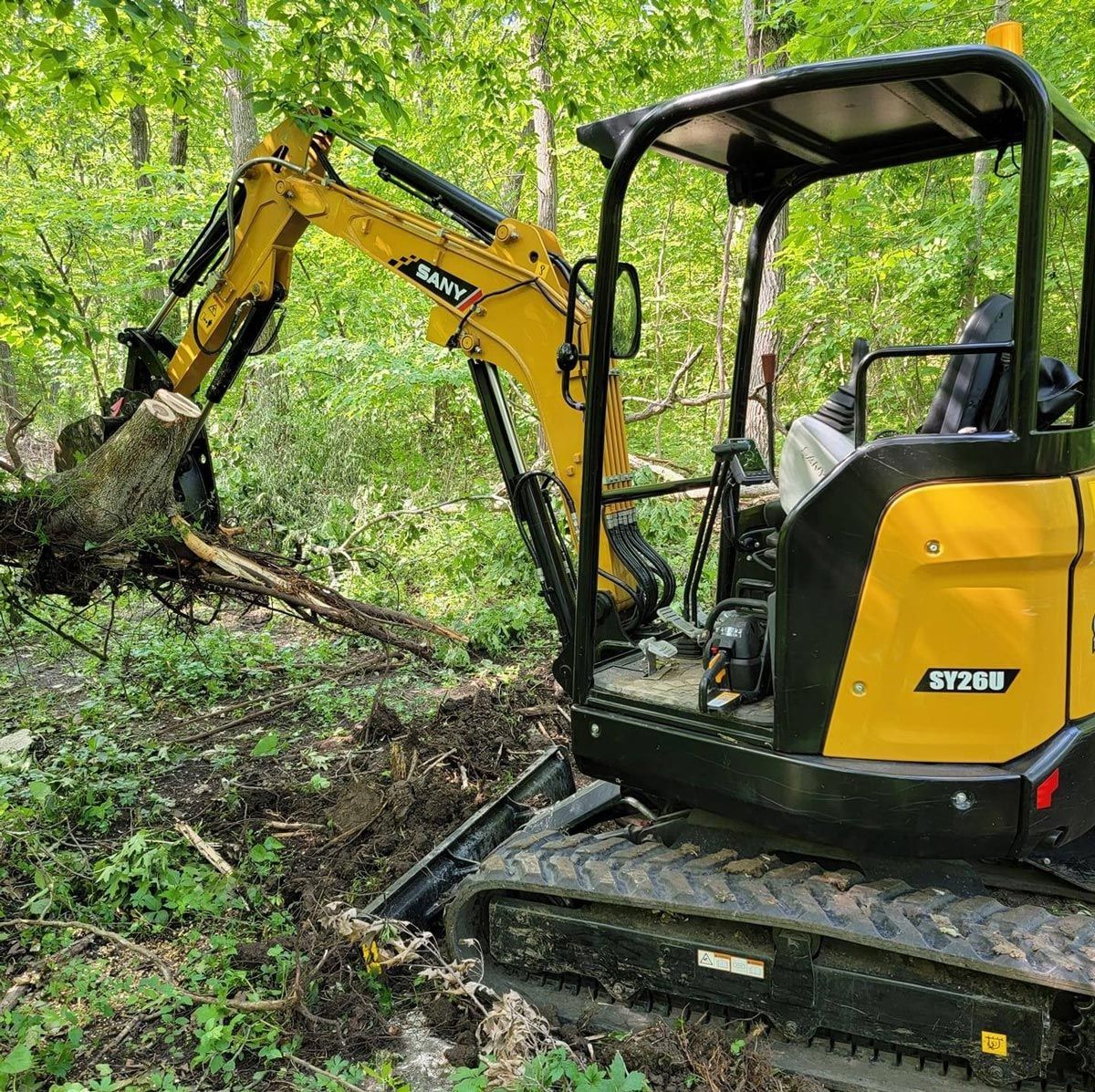How to Choose the Best Time for Your Excavation Project in 2025
Excavation projects are a critical part of construction, landscaping, and home improvement. Whether you are building a new driveway, installing a septic system, or preparing a foundation, timing plays a key role in ensuring efficiency, safety, and cost-effectiveness. Choosing the right time of year can prevent delays, reduce costs, and minimize damage to your property.
In this guide, we’ll break down the factors you need to consider when planning your excavation project, including weather patterns, soil conditions, local regulations, and cost considerations. By understanding these elements, you can schedule your project at the optimal time for success.
Why Timing Matters in Excavation Projects
Excavation involves heavy machinery, soil removal, and careful planning. Poor timing can lead to several issues:
- Increased Costs: Wet or frozen soil can slow down excavation, requiring more labor and time.
- Safety Hazards: Muddy or unstable ground increases the risk of accidents and equipment damage.
- Project Delays: Weather-related interruptions can push timelines back significantly.
- Environmental Impact: Excavating during rainy or frozen conditions can cause erosion, soil compaction, or water runoff problems.
Proper timing ensures that your project runs smoothly, stays on budget, and meets quality standards.
Seasonal Considerations for Excavation
1. Spring
Spring can be ideal for excavation in many regions because the weather begins to warm up after winter. However, spring also comes with some challenges:
- Pros:
- The ground begins to thaw, making excavation easier than in winter.
- Days are longer, providing more daylight for work.
- Cons:
- Rainy conditions can cause muddy, unstable soil.
- Thawing soil may be soft and prone to erosion.
Tip: Schedule spring excavation later in the season, after the majority of rainfall and thawing has occurred, to avoid muddy conditions.
2. Summer
Summer is often the preferred season for excavation projects due to generally stable weather and soil conditions. However, there are still some considerations.
- Pros:
- Dry, stable soil allows for efficient excavation.
- Warm temperatures are ideal for workers and machinery.
- Minimal weather-related interruptions.
- Cons:
- Extremely hot temperatures can pose heat risks to workers.
- High demand for construction services may increase labor costs.
Tip: Early summer or late morning hours are best to avoid heat stress on workers and machinery.
3. Fall
Fall can also be a good time for excavation projects, offering a balance between mild weather and manageable soil conditions.
- Pros:
- Cooler temperatures improve working conditions.
- Soil is often stable after the dry summer months.
- Cons:
- Early fall rains can make the soil muddy.
- Shorter daylight hours may reduce productivity.
Tip: Schedule projects in early fall before heavy rains begin.
4. Winter
Winter excavation is generally challenging and is usually avoided unless absolutely necessary. Cold temperatures and frozen ground can create difficult conditions.
- Pros:
- Fewer scheduling conflicts with other contractors.
- Frozen ground may reduce soil compaction in some areas.
- Cons:
- Frozen soil is hard to dig, requiring specialized equipment.
- Snow and ice create safety hazards and slow down work.
Tip: Only attempt winter excavation if your project requires it and your contractor has the right equipment.
Other Factors Affecting the Best Timing
1. Soil Conditions
Different soil types react differently to weather:
- Clay: Expands when wet and shrinks when dry, making excavation tricky in spring and fall.
- Sandy Soil: Drains quickly, making it easier to excavate in spring and fall.
- Rocky Soil: May require specialized machinery year-round.
2. Groundwater Levels
High water tables can complicate excavation, especially in spring after snowmelt or heavy rains. Ensure proper drainage planning to prevent flooding or soil instability.
3. Local Regulations
Some municipalities have restrictions on excavation during certain months to prevent erosion, protect wildlife, or reduce noise. Always check with local authorities before scheduling your project.
4. Equipment Availability
Excavation requires heavy machinery such as backhoes, bulldozers, and dump trucks. Popular seasons may have higher demand for rental equipment, increasing costs and limiting availability.
Cost Considerations Based on Timing
Timing impacts the cost of your excavation project in multiple ways:
- Labor Costs: Scheduling during peak construction seasons may increase labor rates.
- Equipment Costs: Equipment rental prices can fluctuate seasonally, with summer often being more expensive.
- Project Delays: Poor timing due to rain or frozen soil can increase labor hours and overall cost.
Tip: Consult with your contractor about off-season discounts or flexible scheduling to save on both labor and equipment.
How to Plan Your Excavation Project Efficiently
Plan your excavation efficiently by assessing your site, consulting professionals, checking weather, coordinating projects, and securing permits.
- Assess Your Site: Evaluate soil type, slope, drainage, and obstacles.
- Consult Professionals: Hire experienced excavation contractors for accurate timing and planning.
- Check Weather Forecasts: Avoid heavy rain, snow, or extreme temperatures. Learn about weather planning from NOAA.
- Coordinate with Other Projects: If your excavation is part of a larger construction project, plan timing to align with foundation, landscaping, or utility installation.
- Plan for Permits: Apply for necessary permits well in advance to avoid delays.
Benefits of Choosing the Right Time
Choosing the right time for your excavation ensures smoother work, lower costs, and safer, more efficient project completion.
- Improved Efficiency: Work progresses faster on stable, dry soil.
- Reduced Risk: Less chance of accidents, equipment damage, or erosion.
- Cost Savings: Fewer delays mean reduced labor and equipment costs.
- Better Results:
Proper timing ensures a solid foundation for your construction or landscaping project.
Final Thoughts
Choosing the best time for your excavation project in 2025 is essential for efficiency, safety, and cost-effectiveness. By considering seasonal conditions, soil type, local regulations, and equipment availability, you can schedule your project at the optimal time. Proper planning ensures that your excavation runs smoothly, stays within budget, and provides a strong foundation for any construction, landscaping, or home improvement project.
Scheduling your excavation at the right time isn’t just about convenience, it’s an investment in long-term success and quality results.
Frequently Asked Questions
How do you estimate excavation time?
Excavation time depends on project size, soil type, equipment used, and weather conditions. Larger sites, rocky soil, or poor weather can extend timelines.
What is the best weather for excavation?
Mild, dry weather is ideal. Late spring, summer, or early fall often provide stable soil and minimal rain, making excavation safer and faster.
What is the timeline for excavation?
Small residential projects can take a few days, while larger commercial sites may take weeks. Proper planning and favorable conditions help keep projects on schedule.
Do soil types affect timing?
Yes. Clay soils are difficult when wet, sandy soils are easier to work with, and rocky soils may require equipment regardless of season.
Does excavation cost more during certain seasons?
Yes. Peak construction seasons like summer may increase labor and equipment rental costs. Off-season projects may offer savings but carry weather risks.
Read More
